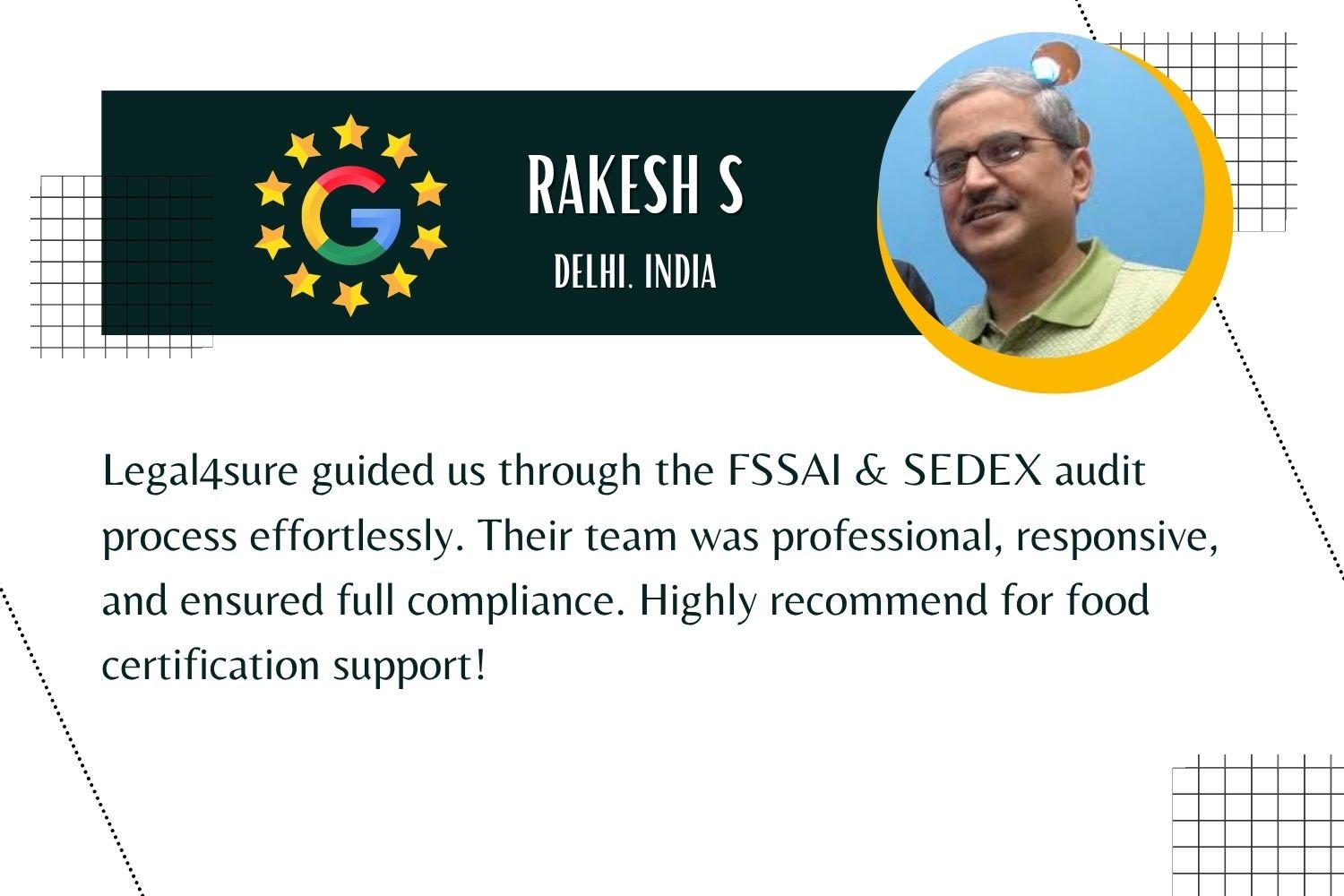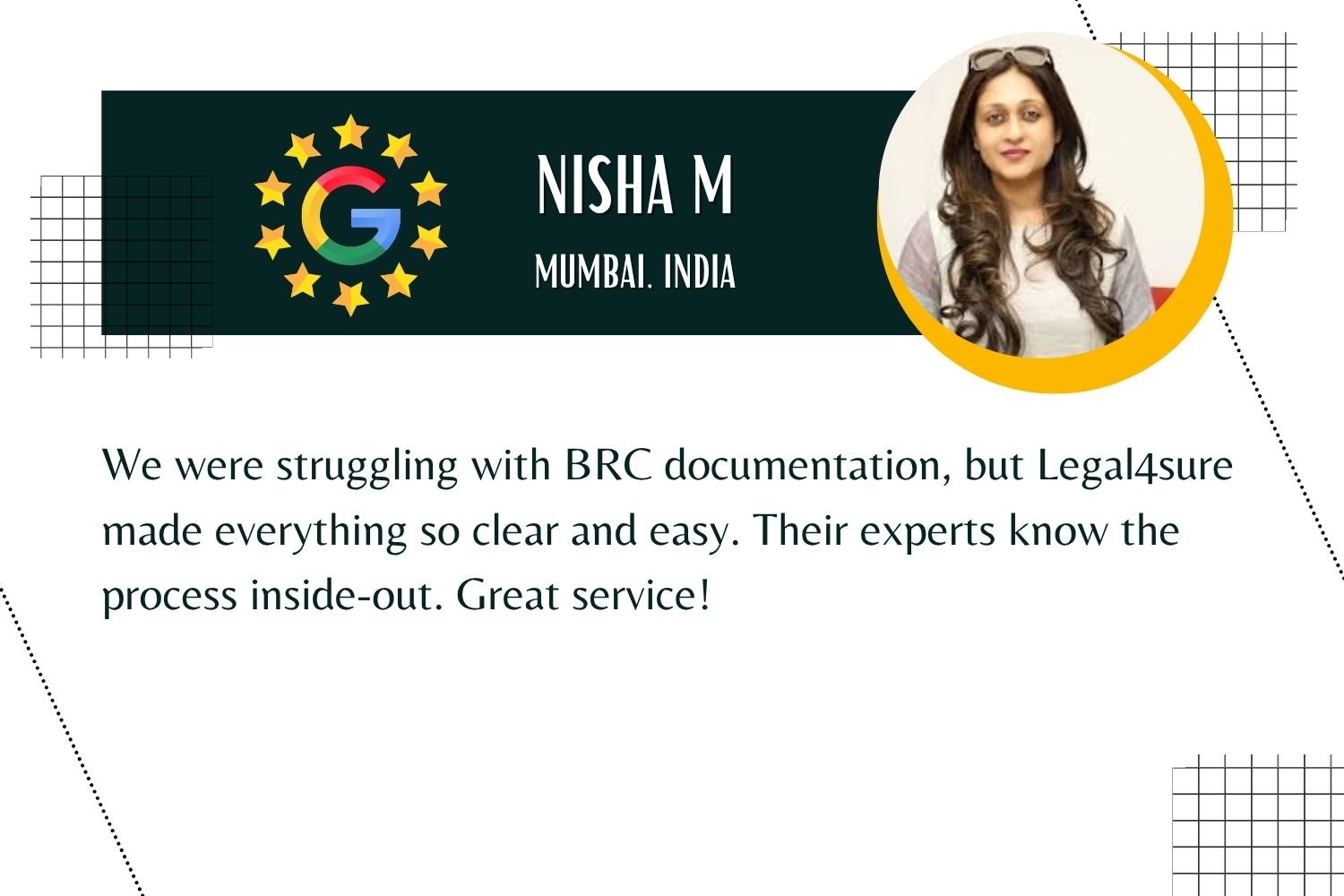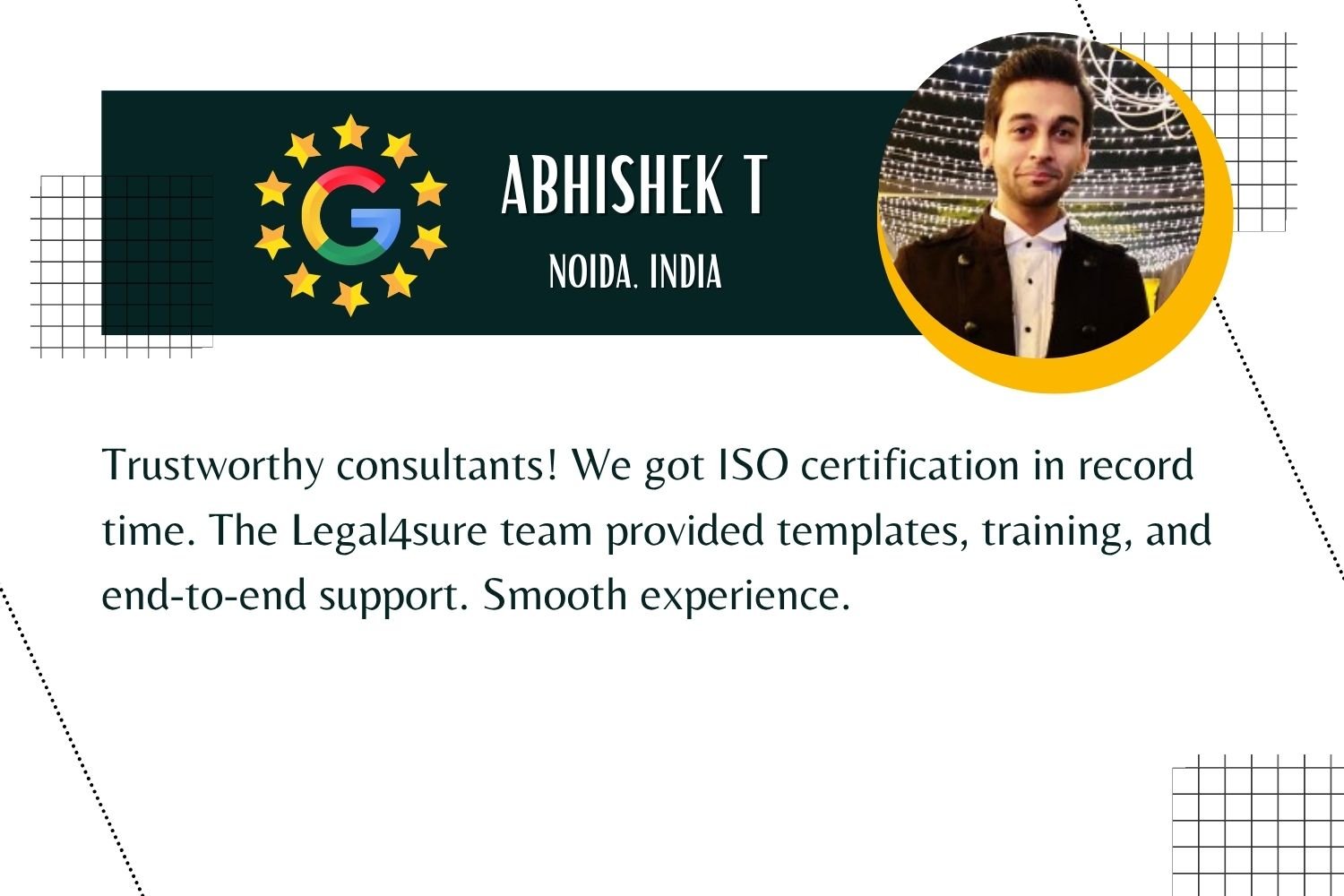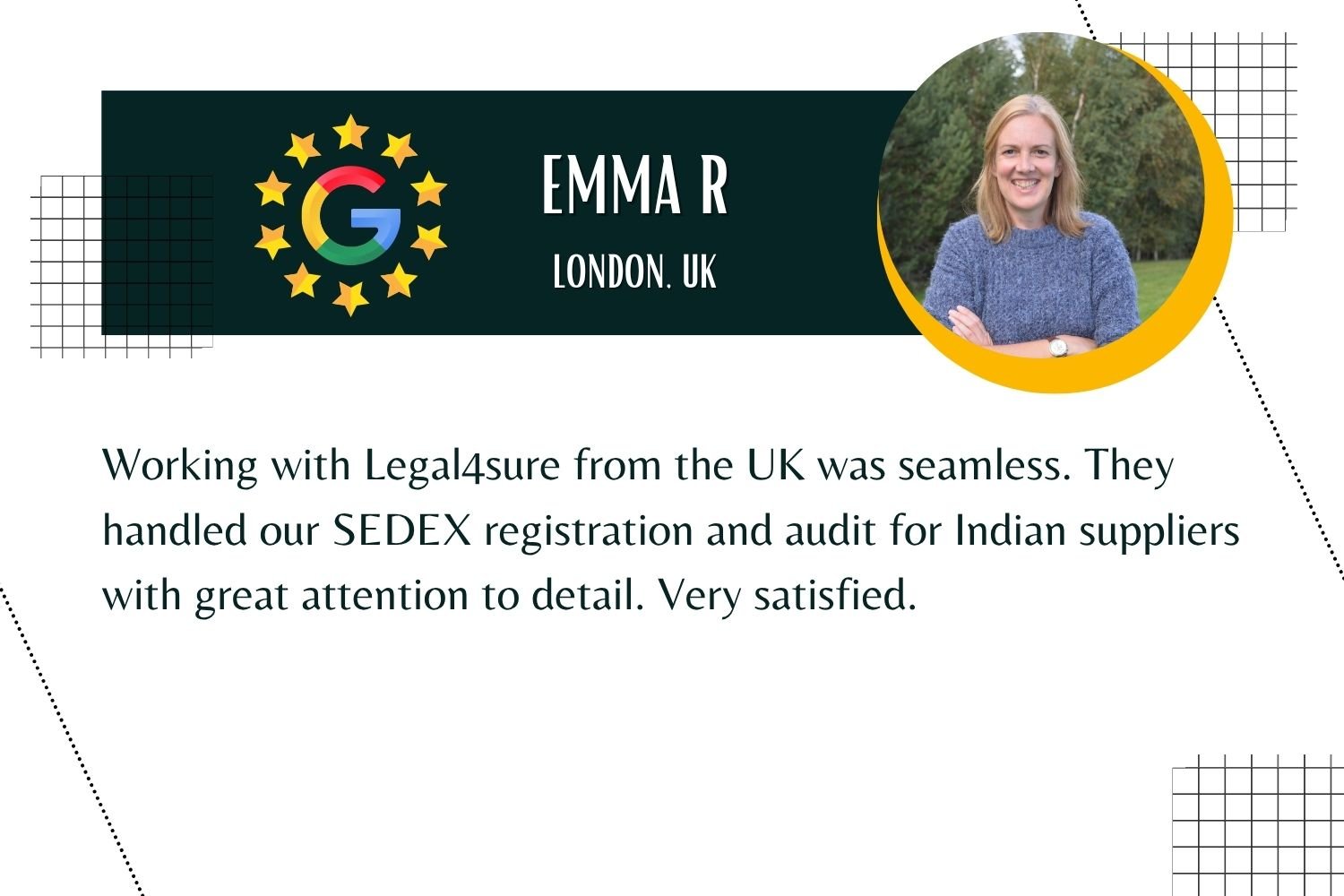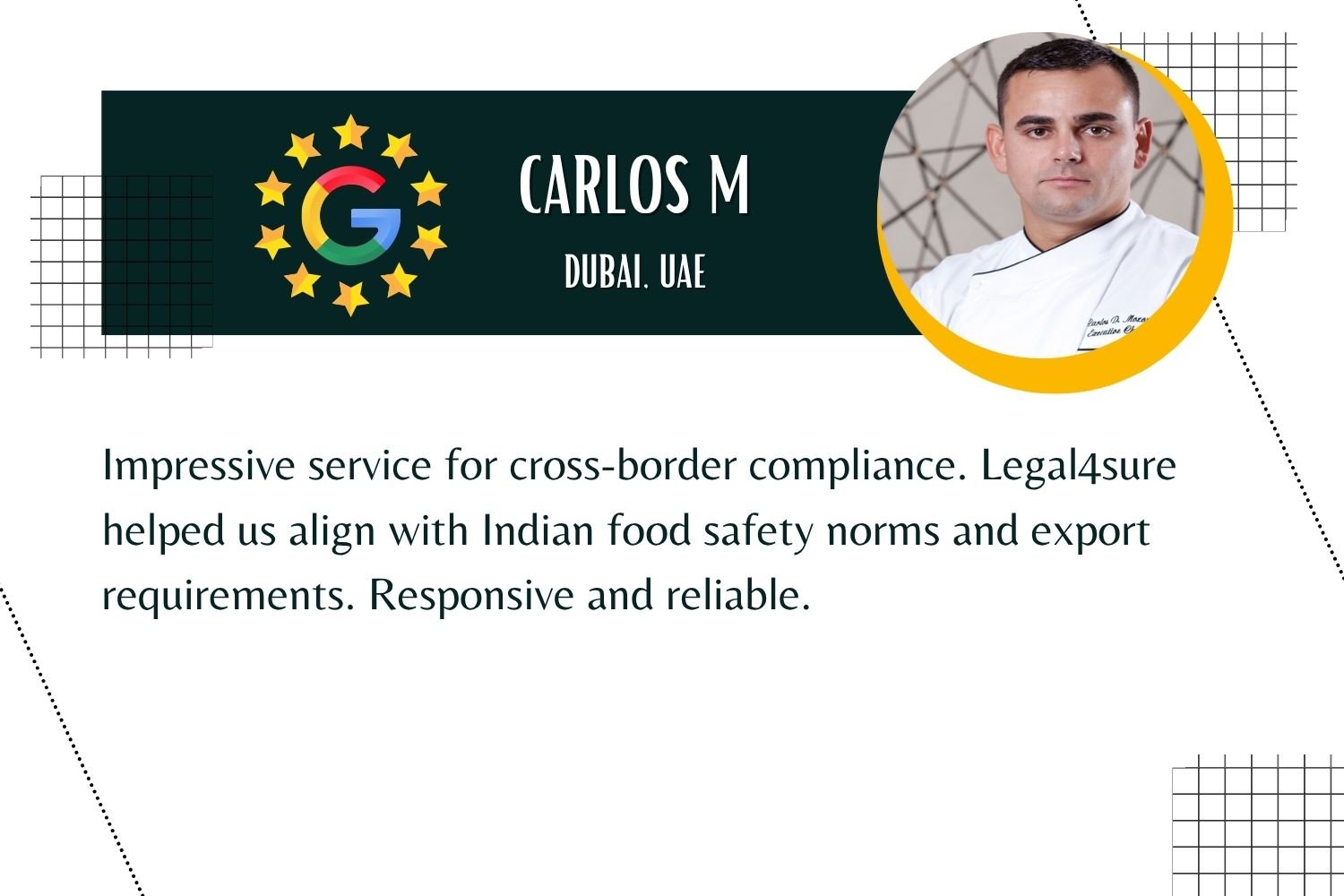Food safety is not just a regulatory concern but a key core element of consumer confidence and international development. In India, demand is high and food safety audits are even higher, so manufacturers can no longer afford to take any risk. That is why getting FSSC 22000 certified is important. It is not only a rubber stamp of meeting requirements, but it is also your access to international markets, smooth operations, and a stronger brand reputation.
What is FSSC 22000?
FSSC 22000 is a broad-based food safety management framework made up of ISO 22000 and sector-specific PRPs and FSSC additional statements. The FSSC 22000 standard is also formally approved by GFSI (Global Food Safety Initiative) as one of the certification schemes to be recognised by food producers worldwide, and also benefits Indian food producers.
Why FSSC 22000 Certification Matters in India’s Food Industry
- Enhance Food Safety: Food safety can be enhanced through risk identification and management surrounding foodborne illness.
- Gain Global Market Access: Compliance with applicable national and international food safety regulatory requirements is assisted.
- Ensure Regulatory Compliance: International standards for designing and implementing food safety programmes enhance access to the global marketplace.
- Improve Operational Efficiency: Operational efficiencies may be enhanced through improvement processes leading to waste reduction.
- Build Consumer Trust: Consumer confidence in food safety and quality is enhanced and assured. Brand reputation is maintained and competitively advanced in the food industry.
Choosing the right FSSC 22000 Certification Body in India
Choosing the right certification body is just as important as certification itself. The top-qualified companies with FSSC 22000 Certification in India will provide your food business. And also meet the requirements of applicable regulations without having your organisation behind schedule on compliance. Here is why the most favourably rated choice will still be favourable:
- Credibility & Trust: Having an accredited certification organisation will provide you with a credible standing among your consumers, vendors, and the regulatory framework.
- Globally Accepted: A certification that is globally accepted will provide you with an export opportunity.
- Streamlined Process: A qualified auditor will guide you through the certification process and save you time, energy, and money.
- Long-term Compliance: Once you have the certification, you will still have the certification even if you lapse.
- Risk Mitigation: A thorough audit will provide you with a fully validated model to provide transparency into understanding current food safety competency gaps and an action plan to mitigate any risks.
Which Organisations Qualify for FSSC 22000 Certification?
FSSC 22000 certification is suitable for a range of organisations or a range of food sector businesses, including food manufacturers, food processors, beverage manufacturers, dairies, bakeries, packagers, and storage facilities. It is relevant to organisations engaged in primary production, manufacturing perishable and long shelf-life products, manufacturing pet food, producing food additives, and many more.
This certification applies to organizations that seek food safety and regulatory compliance requirements and are looking to access the global marketplace. The FSSC 22000 certification provides confidence that a food safety management system that addresses the range of activities in the food supply chain in the interest of safety and quality is in place.
Step-by-Step Process of FSSC 22000 Certification in India
The certification through the FSSC 22000 includes several basic steps, which include:
- Gap Analysis: Review the current food safety development and continuous information system that is in place to assess the gaps between the current system and the requirements of FSSC 22000.
- System Design and Documentation: Document the appropriate process associated with the system related to the objectives of food safety management and the requirements list.
- Training and Implementation: Staff training will occur, and the updated process will be implemented in the organisation.
- Internal Audit: The internal auditor will conduct internal audits to identify gaps and deficiencies in the system and address any corrections or improvements before the certification audit.
- Certification Audit: A certification body will conduct the two-stage certification audit. The first-stage audit verifies that the system is appropriately designed. The second-stage audit verifies that the system, as designed, is effectively implemented and is currently operating.
- Continual Improvement: Following the certification, the system would be expected to maintain continual compliance through the document review process, as with the internal audits and an annual surveillance audit as part of the certification audit process.
Proper preparation requires a methodical, thorough approach to confirming that the organisation is in a sound position to clearly demonstrate an effective, compliant food safety management system compliant with regulations and other certifications.
How Food Businesses Benefited from FSSC 22000 Certification
A number of food manufacturers in India are completely changing their business operations to FSSC 22000 certified systems of control. A medium-sized frozen product exporter was having a number of their shipments rejected for non-compliance before engaging some food safety support to implement FSSC 22000. The certification enabled the company to restore buyer trust through a protocol of evidence to support its compliance with the globally standardised process. The certification enabled access to a number of foreign markets, thus eliminating a number of previous market barriers.
As a result of this access to foreign markets, they were able not only to install more efficient food safety systems, ultimately improving the efficiency of their operation, but also to make substantive improvements to the processes, reducing the contamination and recall risk. These significant shifts in the system provide for stakeholder credibility, enhanced process control, and consistency of quality, resulting in long-term growth for their business.
Conclusion
Getting FSSC 22000 Certification from Legal4sure is in good hands and easy in India. Legal4sure serves food operations by making sure you have the food safety & compliance aspect supervised. While utilising Legal4sure for recommendations to take your operation to the next level as a trusted brand. We believe choosing Legal4sure will work for you to utilise certification, build consumer confidence, and develop future opportunities. Plan your FSSC 22000 Certification Consultation with Legal4sure!
FAQ
Q1. What is the price of FSSC 22000 Certification?
Ans: The actual price of the certification will vary based on the size and complexity of the organisation. However, the approximate range is between 2 and 6 lakhs, which will include the audit and audit destruction costs.
Q2. What process should a food company follow to get FSSC 22000 Certification in India?
Ans: You must develop an internal food safety management system (FSMS) and complete your internal audits before submitting your application for certification to an accredited certification body.
Q3. What is FSSC 22000 Certification?
Ans: FSSC 22000 Certification is an internationally recognised standard for food safety management systems, consisting of ISO 22000, the prerequisite programmes, and FSSC requirements.
Q4. What is FSSC 22000 certification in India?
Ans. It’s a food safety management certification ensuring compliance with international standards.
Q5. How much does FSSC 22000 certification cost in India?
Ans. Costs typically range from ₹1.5–5 lakh depending on company size and scope.
Q6. Who needs FSSC 22000 certification in India?
Ans. Food manufacturers, processors, and packaging units aiming for international compliance.
Q7. How to verify FSSC 22000 certification in India?
Ans. Check the FSSC official website or certification body database for validity.
Q8. Which accreditation is best for FSSC 22000 in India?
Ans. Choose an ISO/IEC 17021 accredited certification body recognized by FSSC.





